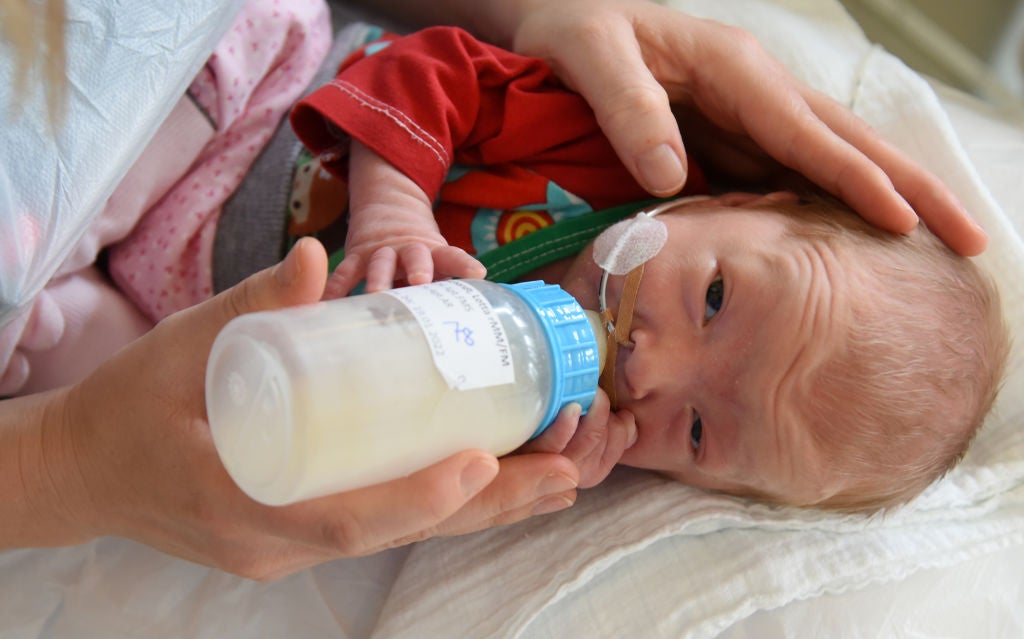The Milk Bank seeks donations for World Breast Pumping Day
INDIANAPOLIS (WISH) – Friday is World Breast Pumping Day, and The Milk Bank needs donations.
“In 2022, The Milk Bank dispensed over 480,000 ounces of donor milk,” Jenna Streit, the advancement director for The Milk Bank said. “That’s just over 3,700 gallons.”
The milk helps infants primarily in Indiana, Kentucky and Missouri. However, in 2021 they sent donated milk across 25 states.
“You can donate milk up until your child’s second birthday,” explained Streit.
According to the U.S. Centers for Disease Control and Prevention, Indiana has the ninth highest infant mortality rate in the nation.
“In Indiana, about 10% of babies are born prematurely. It’s those infants that can benefit most from donor milk,” Streit said. “If you have a diet of exclusively human milk from your own mom or from a donor, the rates of infant mortality decrease by 75%.”
Mothers and donors now legally have access to a safe and clean area to pump. Streit explained that the Pump Act, passed on Dec. 29, makes employers provide an area that is not a bathroom for pumping.
Streit said, “Most women need at least three pump breaks during work hours.”



